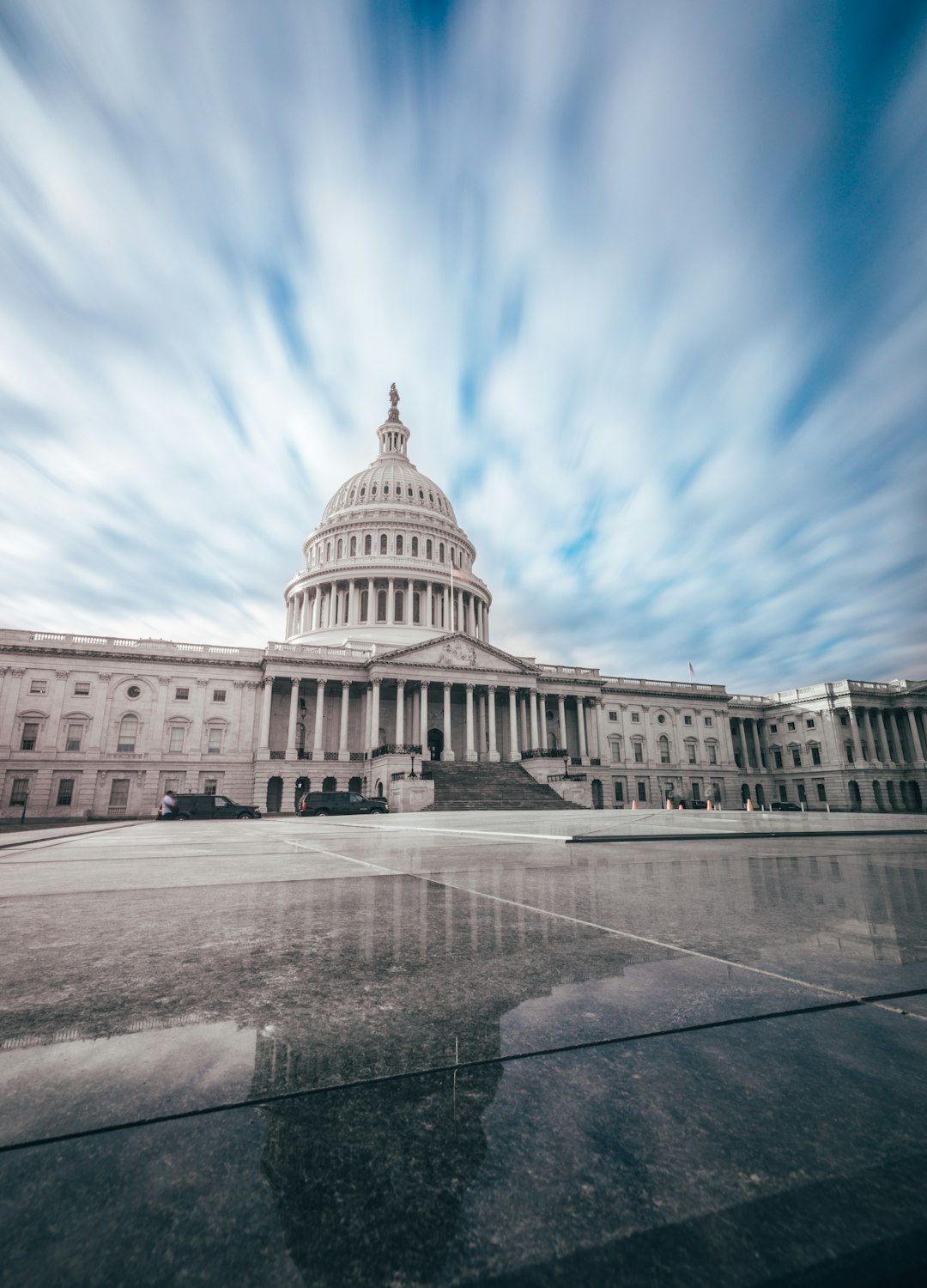In Washington state, the statute of limitations for child sexual abuse cases is 3 years from a victim's 18th birthday or up to 1 year from discovery for public officials. Survivors have until age 40 to file legal action with exceptions. Engaging a skilled sexual abuse lawyer in Washington is crucial for navigating these laws and seeking justice, whether through civil lawsuits or criminal charges.
In Washington, understanding the statute of limitations for child sexual abuse cases is crucial for victims seeking justice. This comprehensive guide delves into the state’s legal framework surrounding these sensitive matters. We explore time limits for filing civil cases, emphasizing the urgency and importance of timely disclosures. Additionally, we navigate the legal options available to survivors, providing insights for those considering their rights as sexual abuse lawyers in Washington play a vital role in supporting victims’ journeys towards healing and accountability.
Understanding Washington's Statute of Limitations Laws

In Washington, the statute of limitations for filing civil lawsuits related to child sexual abuse is crucial knowledge for survivors and legal professionals alike. These laws dictate the time frame within which individuals can bring forward claims against perpetrators or institutions responsible for such abuses. For cases involving sexual misconduct with a minor, the statute of limitations typically begins from the date when the victim turns 18 years old. This means that if an individual was abused as a child and later discovered the legal implications, they have a limited time to take action.
Understanding these laws is essential for survivors seeking justice. Many victims may not realize the significance of timely filing or may have faced barriers in coming forward due to trauma. A sexual abuse lawyer in Washington can provide guidance on navigating these legal constraints and help ensure that victims’ rights are protected, enabling them to seek the compensation and closure they deserve.
Time Limits for Filing Civil Cases in Child Sexual Abuse

In Washington state, time limits play a critical role in child sexual abuse cases. The Statute of Limitations for filing civil lawsuits related to sexual assault against minors is generally three years from the date the victim turns 18. However, there are exceptions and extensions that may apply under specific circumstances. A sexual abuse lawyer in Washington can help navigate these complexities if the case involves historical or recent incidents of child sexual abuse.
For instance, if the victim was under 18 when the abuse occurred but later discovered its impact after turning 18, they may have up to one year from that discovery date to file a claim. Additionally, in cases where the abuser is a public official or institution, there might be additional time frames considered due to the nature of their position and potential cover-ups. It’s crucial for survivors and their families to consult with an experienced sexual abuse lawyer in Washington to understand their rights and ensure they meet all legal deadlines.
Navigating Legal Options After a Disclosure of Abuse

After a disclosure of child sexual abuse, it’s crucial to understand that time is of the essence. In Washington state, the Statute of Limitations for such cases typically allows filing until the victim turns 40, although exceptions can apply. This means victims have a limited window to take legal action against their abusers. Navigating this process requires the expertise of a sexual abuse lawyer in Washington who understands these complex laws and can provide tailored guidance based on each unique case.
A skilled attorney will help determine if the statute applies and advise on the best course of action. This could involve filing a civil lawsuit to seek compensation for damages or pressing criminal charges against the abuser, which may also have implications for other potential victims by creating a precedent or putting the abuser on record. Promptly engaging legal counsel enhances the likelihood of achieving justice and securing support mechanisms for affected individuals.






